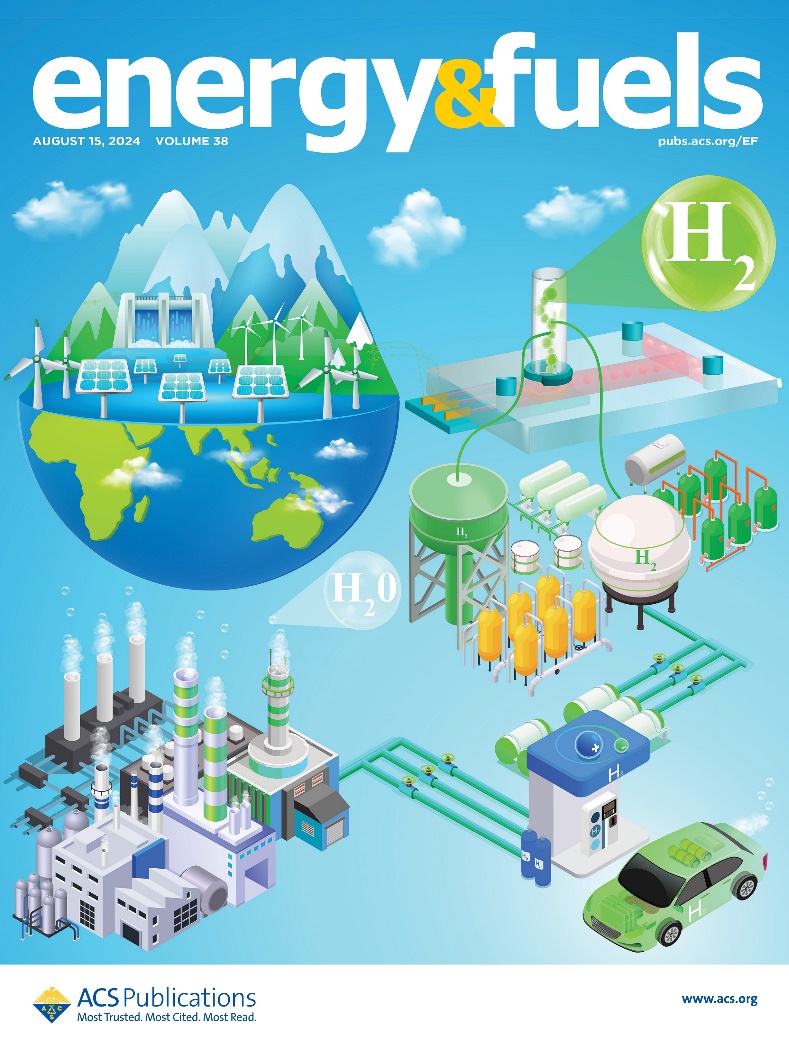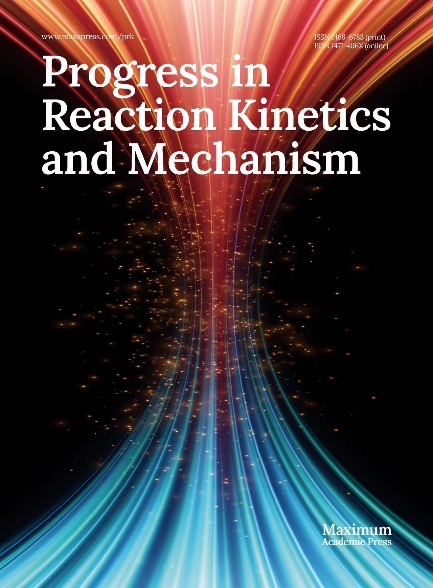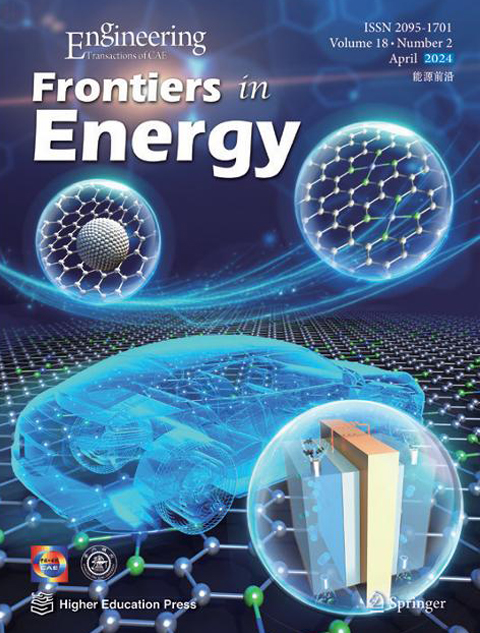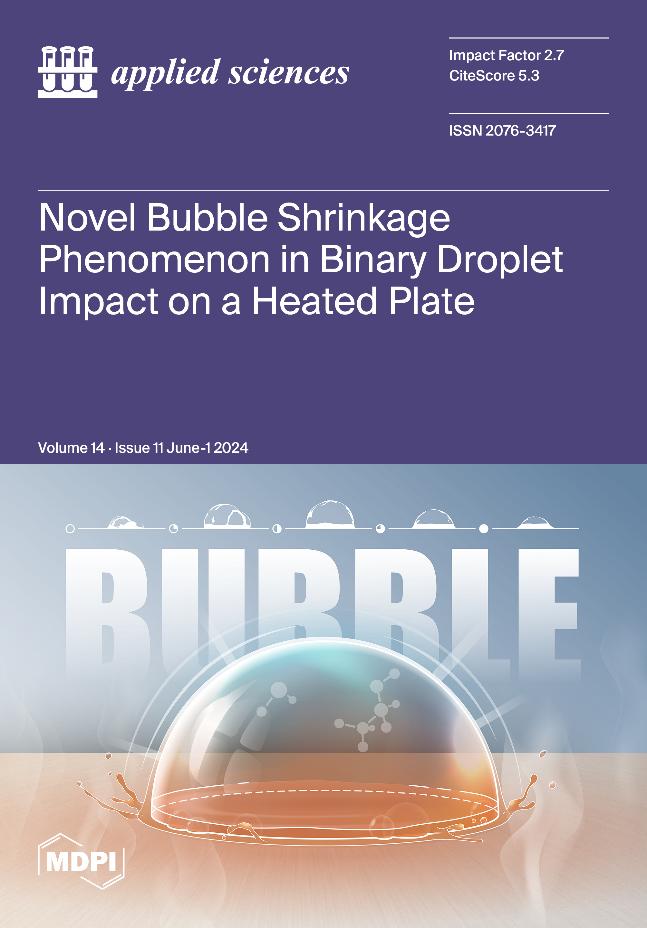The Innovation Energy
The Innovation Energy is a sister journal of The Innovation (IF=33.2) and aims to be an international platform that can accelerate and disseminate more innovative scientific discoveries as well as creative technological applications from the field of energy science and engineering. To see the unseen, The Innovation Energy will publish world-class. cutting-edge scientific research that can provide innovative and fundamental insights into the production, utilization, transportation, and storage of energy. To change the unchanged. The Innovation Energy will highlight the technological innovation in emerging energies and the energies' innovation in developing leading-edge technologies. The Innovation Energy welcomes all submissions from the broad field of energy science and engineering including but not limited to:
- Batteries
- Bioenergy and biofuels
- Carbon capture, utilization and storage (CCUS)
- Electrocatalysis and photocatalysis
- Energy conversion
- Energy economics and policy
- Energy girds and networks
- Fuel cells
- Geothermal energy
- Hydroelectricity
- Hydrogen energy
- Nuclear energy
- Photovoltaics
- Solar energy
- Supercapacitors
- Wave energy
- Energy X: multidisciplinary collaboration
Energy and Fuels
Energy & Fuels, founded in 1987, aspires to publish the most exciting fundamental and applied research in the fields of energy and fuels. The journal focuses on the science and application domains of energy and fuels, particularly those in the disciplines of chemical engineering and applied chemistry. It intends to serve the vital and growing community of scientists, engineers, and policy experts involved in energy-related fields by publishing fully vetted, reliable, and high-quality research results. The scope of Energy & Fuels covers:
- Fossil energy resources in the context of sustainable development
- Bioenergy, biofuels and biorefinery
- Batteries and energy storage
- Fuel cells
- Solar energy, solar fuels, and conversion of light
- Water splitting and electrolysis
- Non-carbon-based fuels (e.g., hydrogen, ammonia, etc.)
- Carbon capture, utilization and storage
Progress in Reaction Kinetics and Mechanism
Progress in Reaction Kinetics and Mechanism (IF=2.1), founded in 1961 by George Porter who awarded the 1967 Nobel Prize in Chemistry, is a globally recognized, peer-reviewed, open-access journal. As a professional forum for advancing the study of reaction kinetics and mechanisms, the journal is dedicated to publishing research results on the reaction kinetics and mechanisms in simple and complex systems within gas-phase, liquid-phase, surface, and interfacial environments. The scope of Progress in Reaction Kinetics and Mechanism covers:
- Gas-phase reaction kinetics and mechanism research, covering fields such as combustion chemistry, gas-phase catalysis, atmospheric chemistry, radical chemistry, interstellar chemistry, astrochemistry, and plasma chemistry
- Liquid-phase reaction kinetics and mechanism research, covering fields such as organic chemistry, liquid-phase catalysis, liquid-phase environmental chemistry, enzyme chemistry, and electrochemistry
- Surface reaction kinetics and mechanism research, covering fields such as surface catalysis, heterogeneous catalysis, nanocatalysis, adsorption kinetics, and corrosion and protection studies
- Interfacial reaction kinetics and mechanism research
- Theoretical chemistry, computational chemistry, and numerical simulation research related to reaction kinetics and mechanisms
Frontiers in Energy
Special Issue on Combustion Engines Fueled with Ammonia or Hydrogen Zero-carbon Fuels
Frontiers in Energy, a peer-reviewed international journal launched in January 2007, presents a unique platform for reporting the most advanced research and strategic thinking on energy technology. In its inaugural year, it has published papers by internationally recognized authors in the field of energy development. It aims to promote rapid communication and dialogue among the researchers, scientists, engineers and policy makers working in the areas of energy.
The scope of the Journal covers: energy conversion and utilization; renewable energy; energy storage; hydrogen and fuel cells; carbon capture, utilization and storage; advanced nuclear technology; smart grids and microgrids; power cells and electric vehicles; new energy systems; energy and environment; energy economics and policy, etc. Interdisciplinary papers are encouraged.
Applied Sciences
Applied Sciences provides an advanced forum on all aspects of applied natural sciences. It publishes reviews, research papers and communications. Our aim is to encourage scientists to publish their experimental and theoretical results in as much detail as possible. There is no restriction on the maximum length of the papers. The full experimental details must be provided so that the results can be reproduced. Electronic files and software regarding the full details of the calculation or experimental procedure, if unable to be published in a normal way, can be deposited as supplementary electronic material.
The journal covers all aspects of applied physics, applied chemistry, engineering, environmental and earth sciences, and applied biology. It has 5 broad subjects (Chemistry & Materials Science, Environmental & Earth Sciences, Physical Sciences, Engineering, Biology & Life Sciences) and 32 narrower Sections.








 loading......
loading......